Research in Pearl Millet: (Pennisetum Glaucum (L.) R. Br.) and other Species
Synopsis
There is great necessity of the management of crop plants which can solve the great problem of food in the aridand semi-aird regions and can adapt and produce in these conditions. The common names of pearl millets are Pennisetum typhoides (Burm), Stapf and Hubb and pennisetum glaucum (L.) Br. The actual name P. americanum is given by Clusias. Pearl millet is of African origin and Domesticated. According to Vavilov pearl millet is originated in Ethiopia. Murdock put forward its origin in Africa near Niger River. The great diversity is found in West African regions, South of Sahara desert and Sahel regions. Pearl millet is sown in the arid and semiarid tropical regions with annual temperature ranging from 18 to 35 c, precipitations of 200-600 mm per year under rainfed situations. The poor distribution, frequency and duration of precipitation generates severe drought which affect the grain yield and forage. Pearl millet has capacity to produce under these conditions compared to other traditional crops. The improvement of pearl millet and other minor cereals are potential sources of food has been appreciated in these regions, compared to other crops similar to rice, wheat and maize in developed countries. In Africa, India, China, Korea, Japan, the millets are cultivated abundantly for human and animal food in the arid and semiarid regions under rainfed conditions. Owing to increasing populations and the greater demand of food, it is a great necessity to incorporate the crop species for better adaptation to the stress situations such as high temperature, drought, poor fertile, salinity, alkalinity of soils. The present pretend to contribute an extensive research review during the last decade on various disciplines of pearl millet starting from origin, crop physiology, to biotechnology. The book aims to serve as a major source of information for the students, researcher, farmers and producers to know about research advances on capsicum sciences made by the scientists throughout the world.
Read more
50.40
45.36
$
56.00 $
Free delivery Wolrdwidе in 10-18 days
Ships in 2-4 days from New Delhi
Membership for 1 Year $35.00
Get it now and save 10%
Get it now and save 10%
BECOME A MEMBER
Books by the same authors
-

Hormonal Regulation of Plant Growth and Development (Vol. VI)
-
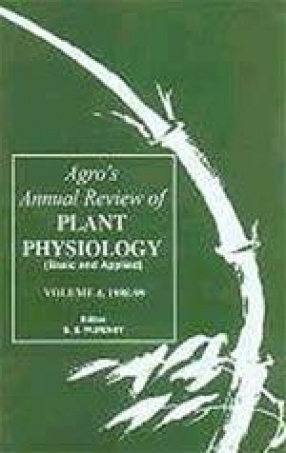
Agros: Annual Review of Plant Physiology: Basic & Applied: Vol. 4
-

Plant Productivity Under Environmental Stress
-
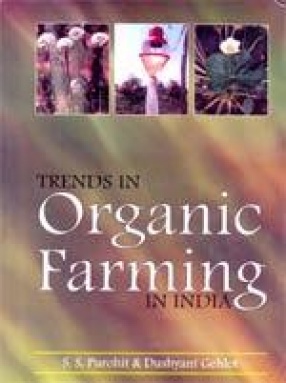
Trends in Organic Farming in India
-
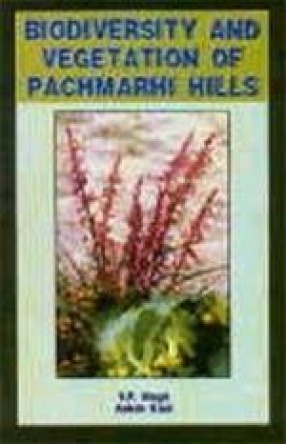
Biodiversity and Vegetation of Pachmarhi Hills
-

Ecology of Mangrove Swamps of the Andaman Islands
-
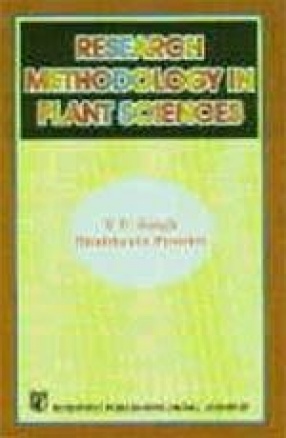
Research Methodology in Plant Sciences
-

Concepts in Applied Microbiology and Biotechnology
-

Plant Fibres
-
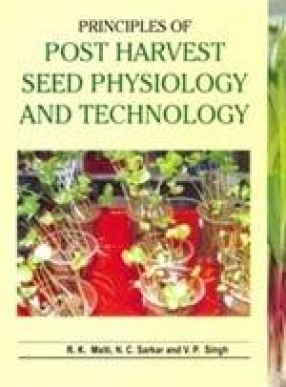
Principles of Postharvest Seed Physiology and Technology
-
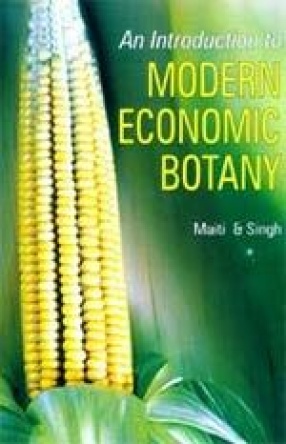
An Introduction to Modern Economic Botany
-
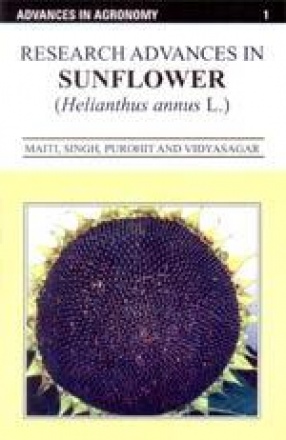
Research Advances in Sunflower: (Helianthus annus L.)
-
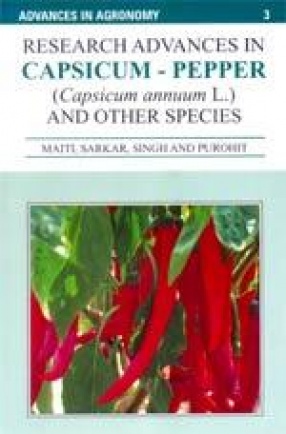
Research Advances in Capsicum-Pepper: (Capsicum Annuum L.) and Other Spices
-
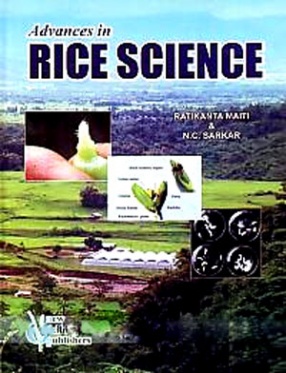
Advances in Rice Science

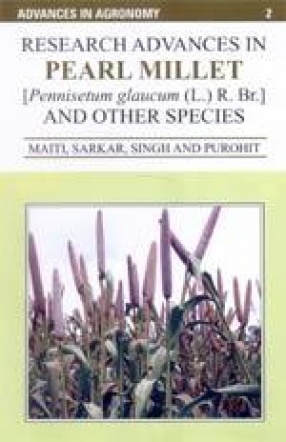
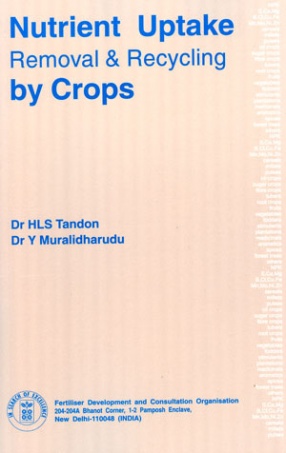
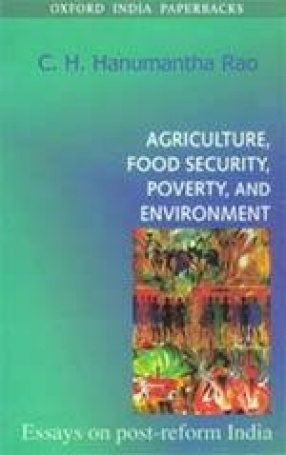
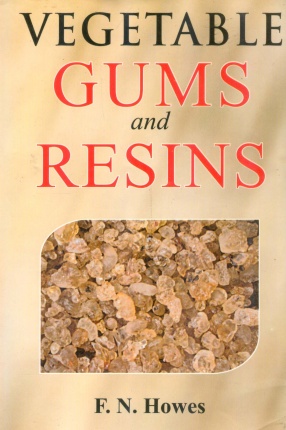
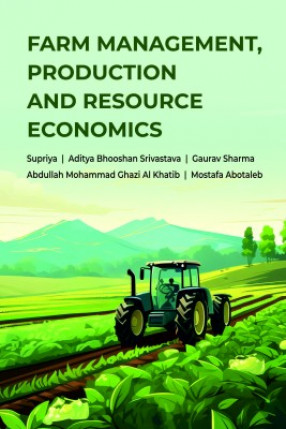

Bibliographic information
V.P. Singh
R.K. Maiti
N C Sarkar